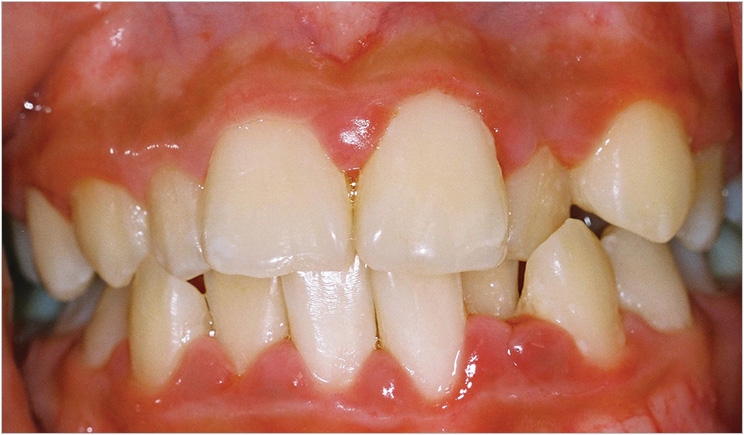
In recent years, the use of systemic antibiotics to treat periodontitis has received much negative attention. The advice from many in organized dentistry is to avoid the practice. Although the principles that promote antibiotic stewardship are important and need thoughtful consideration, are we limiting successful outcomes if and when antibiotics are not a regular consideration when treating periodontitis?
Our counterparts in medicine have long treated systemic bacterial disease with antibiotics without wrestling with the stewardship principles dentistry has been asked to engage in. Medicine has also created the current concerns by over-prescribing and prescribing antibiotics for viral infections. In the end, perhaps dentistry has been under-prescribing antibiotics relative to treating the systemic bacterial disease periodontitis.
If concerned dental professionals look up exactly what researchers have described periodontitis as, they will find this: Periodontal disease is a chronic, infectious, contagious, inflammatory, polymicrobial disease with systemic genetic expression. How can we continue to treat that disease by only mechanical debridement?
The dental hygiene patients under my supervision have had periodontal conditions transition successfully to health when systemic antibiotics were used adjunctively with mechanical debridement. When pathogens have been mitigated, we have found the body is positioned to heal and regenerate far more efficiently than when pathogens are simply “scraped.”
The treatment objectives for stopping the progress of periodontal disease are as follows:
- Stop the local breakdown of local soft and hard tissue by pathogen reduction or elimination;
- Create an environment for local regeneration;
- Reduce systemic pathogen availability;
- Account for pathogens in the dormant microbiome;
- Reduce systemic cytokines;
- Create a systemic environment where the host immune system is less stressed.
Periodontal therapy cannot be considered successful unless all of the above are considered. At this moment, only the adjunctive use of systemic antibiotics can accomplish this.
The concept of antibiotic stewardship can be front and center when dentistry chooses to use systemic antibiotics to treat periodontitis only for high-risk patients, those individuals who have a compromised immune system from either a genetic standpoint or an existing compounding burden of inflammation from several ongoing chronic diseases.
However, not one organized medical or dental entity has recognized or described what exactly this high-risk “host” may look like. Many practitioners of oral systemic medicine in dentistry have established some similar protocols. Many have depended on at-risk descriptions that emerge from the Bale-Doneen method of cardiovascular health.
Some will say the risk of contracting Clostridium difficile from an antibiotic is not worth the benefit of more completely resolving periodontitis. Others will state the risk of a cardiovascular event from unmitigated oral pathogens far outweighs any risk of C-diff.
A paradigm shift is underway. The adjunctive use of systemic antibiotics must become dentistry’s new standard of care. Those antibiotics are specific for the type and concentration of pathogens identified in a routine lab test for high-risk patients.
Traci Warner, RDH, is an oral medicine coach and facilitator and a former adjunct professor at Baker College of Cadillac, Mich. She graduated from the Ferris State University School of Dental Hygiene and completed studies with Dawson Academy’s Dental Institute for Systemic Health. Also, she is a member of the American Academy for Oral Systemic Health. Throughout her almost 30-year career as a dental hygienist, Traci observed the connection between oral and systemic health in her patients, proactively partnering with them to better manage their total wellness. Traci’s mission is to raise awareness of oral health as a crucial part of an integrated approach to whole-body wellness. She can be reached at traciwarner@ymail.com.
Related Articles
Antibiotics May Do More Harm Than Good
Online Pharmacies Add to Growing Antimicrobial Resistance Dangers
CDC and OSAP Issue Best Practices for Dental Antibiotic Use


